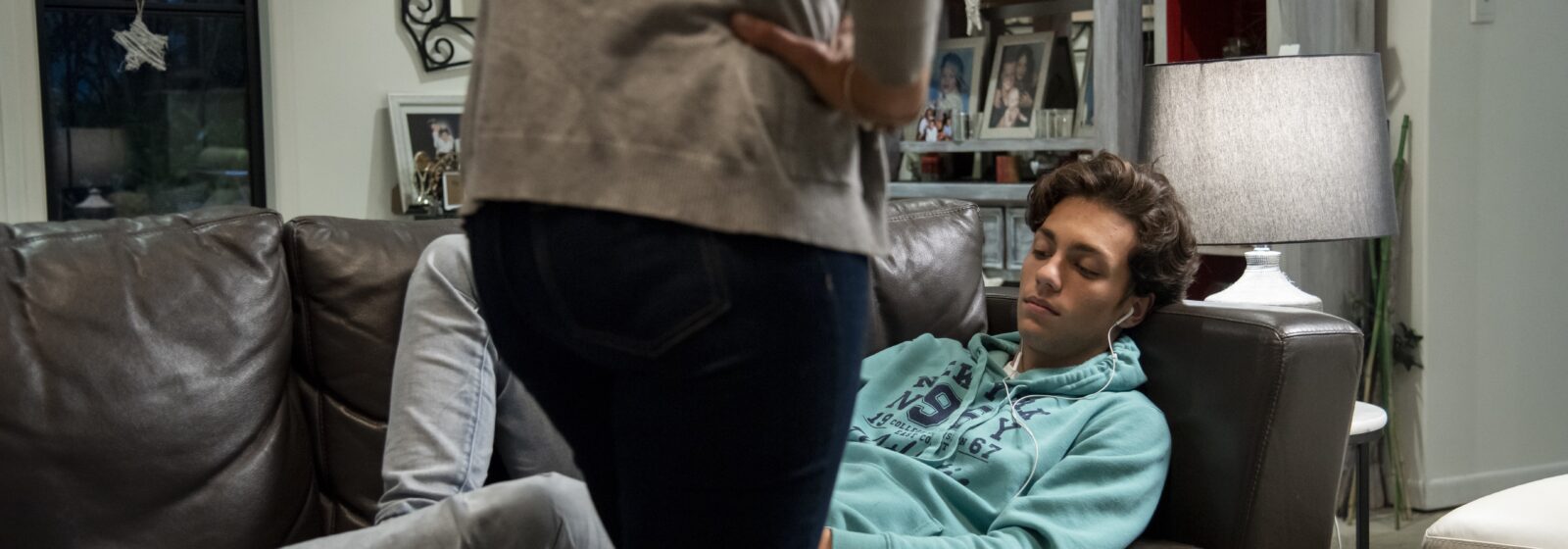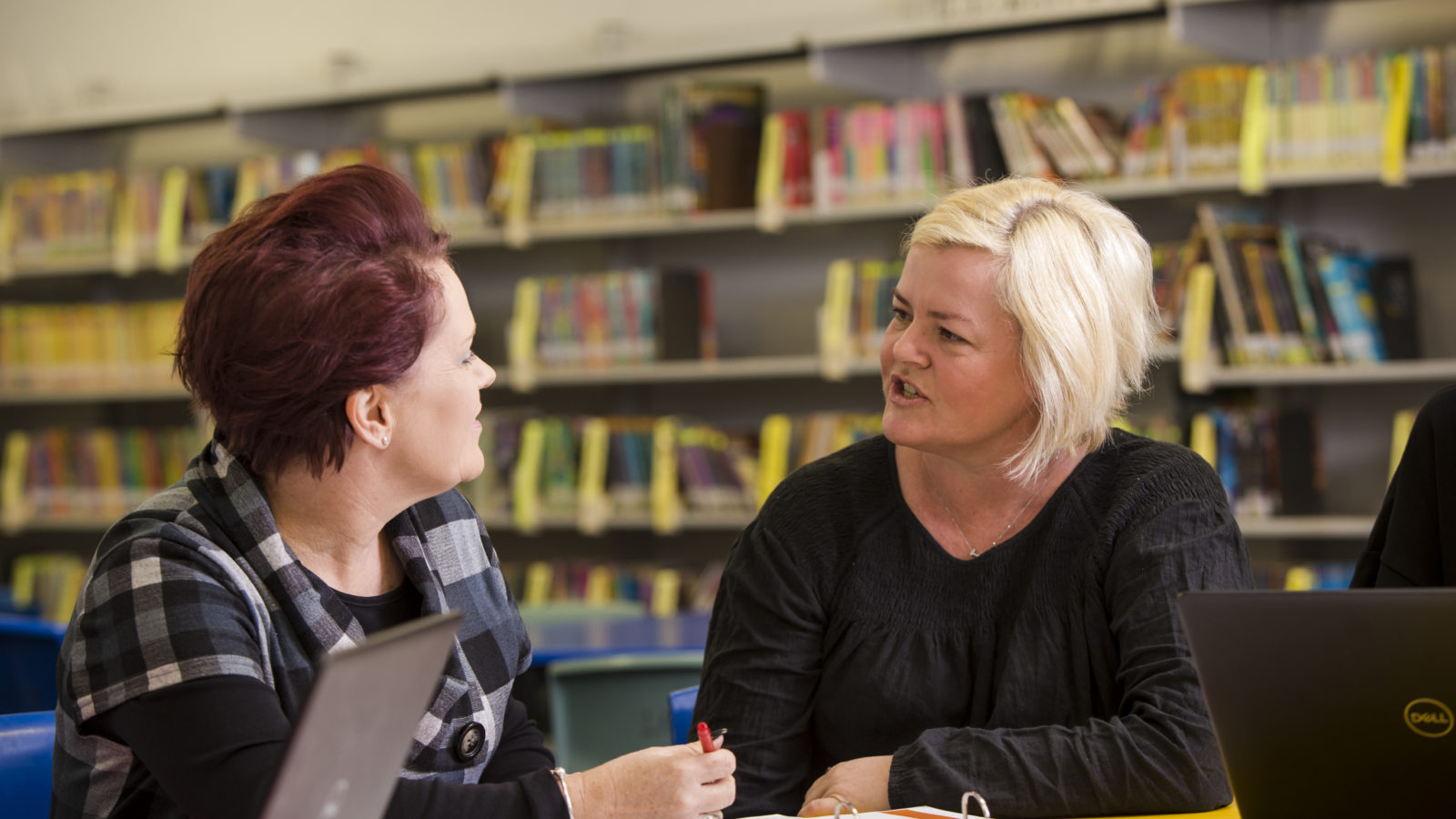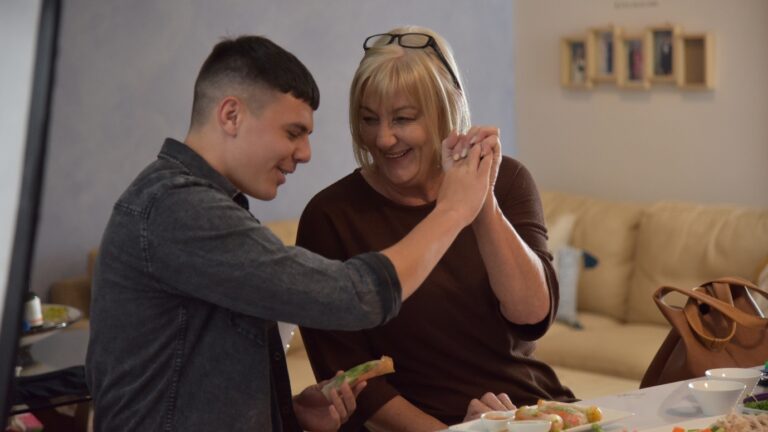No parent wants to find out their child is behaving like a bully. But if it happens to you, it’s important you handle it the right way so your child can get the help they need.
What is bullying
Bullying is when someone deliberately and repeatedly upsets, frightens, threatens or hurts someone else or their property, reputation or social status. Bullying can be:
- verbal bullying such as insulting, threatening or making fun of someone
- bullying behind someone’s back such as playing nasty jokes, spreading rumours, or encouraging peers to exclude someone
- physical bullying such as pushing, tripping or hitting, or damaging property
- cyberbullying where digital technology is used to deliberately harass or humiliate.
What is not bullying
Bullying is more than just a fight or disliking someone. Bullying involves an ongoing or repeated misuse of power in a relationship with the intention to cause harm. Behaviours that are not bullying include:
- mutual arguments and disagreements
- not liking someone
- a single act of social rejection or exclusion
- one-off acts of meanness
- isolated incidents of aggression, intimidation or violence.
While you should let the school know if your child is displaying any of the more serious behaviours listed above, and may need support in managing these behaviours, be cautious about labelling this behaviour as bullying. This can make the situation more difficult to resolve and could make it more difficult for your child to address challenging social situations in the future.
Signs your child may be displaying bullying behaviours
- talk about other children at school in an aggressive or negative way
- have money, electronic goods or other things that don’t belong to them
- are secretive about mobile phones or computers
- deliberately exclude others from their friendship group.
How to respond
If you find out your child is displaying bullying behaviours, they will need your help to:
- understand the effect of their behaviour on others and to be supported while they learn to repair the harm they have caused
- take responsibility for their behaviour and the harm they have caused
- develop their social and emotional skills and learn to treat others with respect.
What you should do
- Stay calm and learn more about your child’s behaviour so you can help them
- Talk with your child and remember your child isn’t the problem, their behaviour is.
- Try to understand why they are doing it and think about any problems your child might be experiencing at home or at school that may be affecting their behaviour.
- Explain why bullying is unacceptable and help your child understand how the other child must feel and ask them how they would feel if they were being bullied.
- Consider what is going on at home and whether any major events have occurred that may have upset your child.
- Seek professional help if you need it.
Work with the school
Schools want to work with parents as partners to support all their students. When you contact the school, remain calm and be prepared:
- Check the school website for any information regarding their policy or procedures for managing bullying.
- Make a time to talk with your child’s teacher, school counsellor or guidance officer.
- Write notes based on what your child has told you so you can be as clear as possible when talking to the school.
- Ask what steps will be taken and if a plan will be developed to deal with the problem.
- Recognise that investigating the situation at school will take time.
- Keep a written record of when you contacted the school, who you spoke to, and any agreements that were made.
- Stay in touch with the school and let them know if problems continue or something new happens.
Resources to help you
- Parentline provides free online training and offers confidential phone and WebChat counselling service supporting parents and carers of children, 7 days a week. Call 1300 30 1300.
- Bullying. No Way! provides information for parents about dealing with bullying.
- eSafety Commissioner offers information and advice including a practical guide to online bullying for parents and carers.
- Dolly’s Dream Parent Hub provides trusted information for parents about online safety and bullying.
- Kids Helpline is Australia’s only free (even from a mobile), confidential 24/7 online and phone counselling service for young people aged 5 to 25. Qualified counsellors are available vai WebChat, phone or email to chat anytime and for any reason. Call 1800 55 1800.
- eheadspace offers online chat or email support services for young people aged 12–25, as well as their family and friends. You can call them for free on 1800 650 890 between 9am – 1am (AEDT) 7 days a week.
- The Department of Education’s Cybersafety and Reputation Management team offers resources for students and parents. Schools can access online courses for students in Years 3 to 6 and 7 to 10.
Last Updated: 16 July 2024




